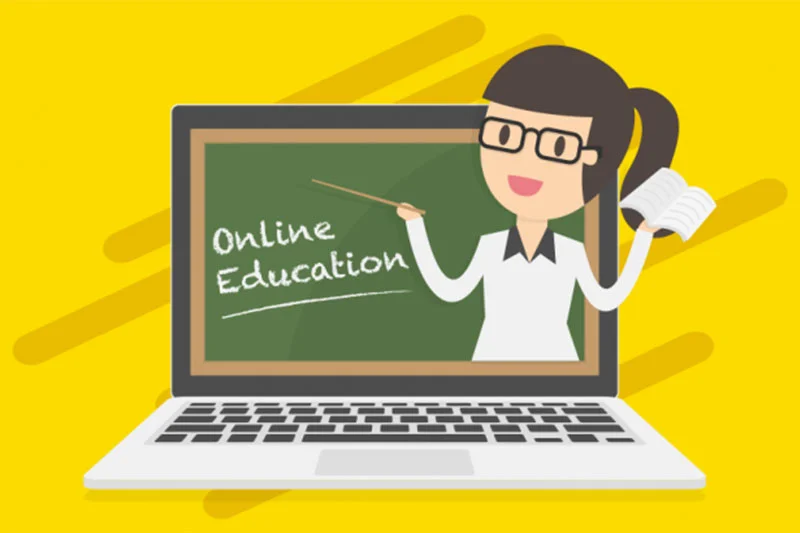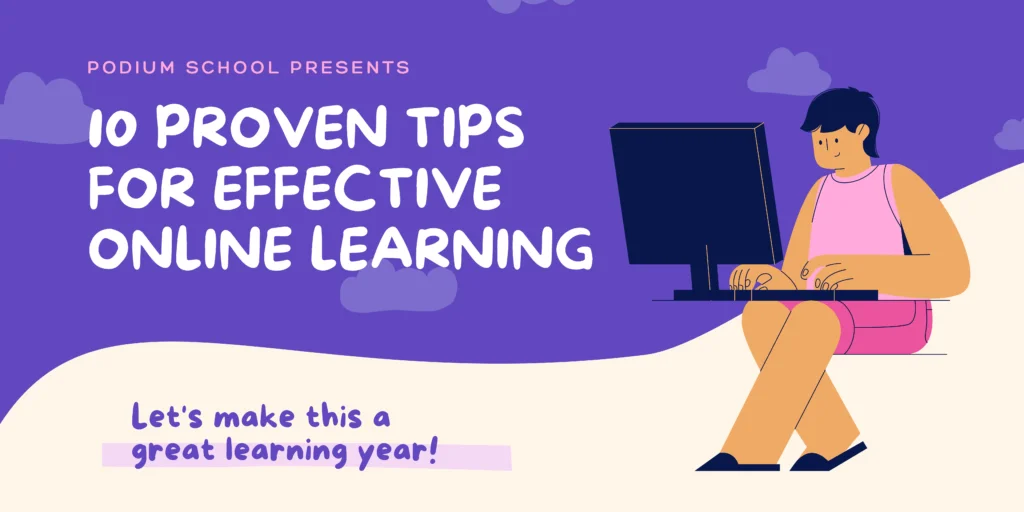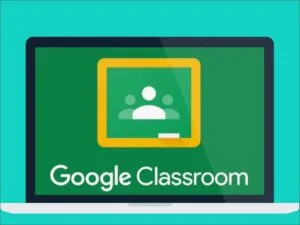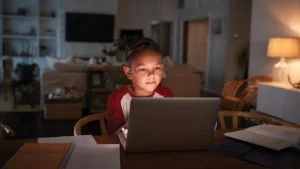Childhood and education are two things that not all children want to pursue together. Read the article to know how to manage both.
After the Covid 19 outbreak, students paused their education for a while. Keeping the long break in mind, education had to shift from classroom to online learning. Younger students who cannot experience school life are not able to live their childhood. Follow the tips to manage childhood and online education listed below:
- Make a timetable for online education
- Always have the essentials on hand
- Make a table for it
- Defend the internet
- Take a break from the computer
- Be the one who solves problems
- What exactly is the online education assignment?
- Time for a snack at home
- Mentally and physically fit children
- Communication is essential
- Online education requires brain pauses
- Distractions should be minimised for better education
- Provide positive criticism
- Assist children in maintaining contact with their peers in online education
Make a timetable for online education
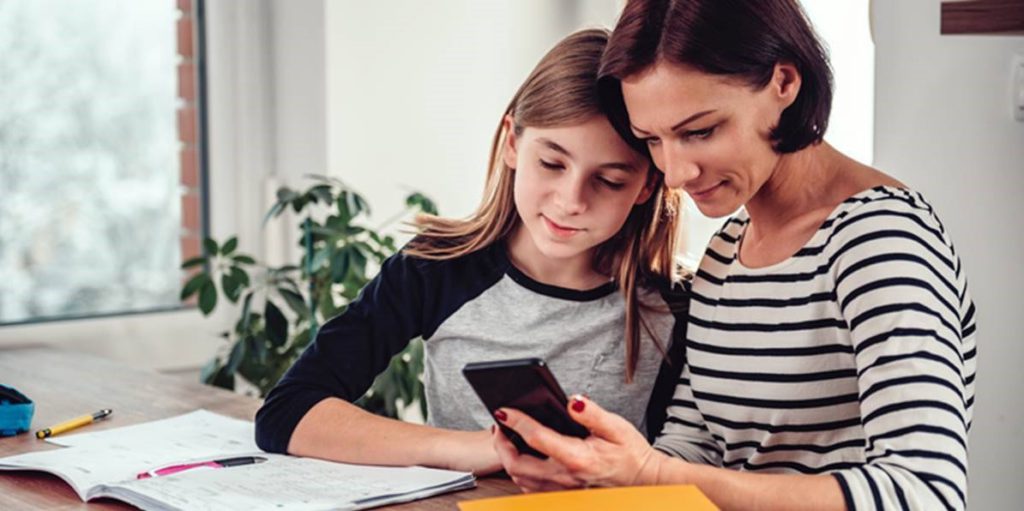
Following a schedule as a practice can help you develop discipline as a habit. A routine encourages kids to be disciplined, which boosts their self-esteem in the long run. Even if they are at home, you can assist your child in practising this by ensuring that they have set timetables.
Always have the essentials on hand
Inspect your children’s stationery before sending them to school. Continue this in the online classes as well. You should avoid last-minute trips to the store for stationery as it will cause them to lose attention.
Make a table for it
Children will improve their concentration and focus on teaching if they have a designated study area. It also provides them with their own educational and learning environment. Parents can also make this place visible so that they can keep an eye on their children in case they require assistance.
Defend the internet
Because the internet is a vibrant environment with no boundaries, it is critical to take safeguards and protect cyberbullying safety. Parents can keep hazardous content at bay by ensuring that the system that the child uses for lessons has privacy limits. For safe internet use, parents can configure the parental settings on Windows or Chrome.
Take a break from the computer

Encourage your children to participate in more offline activities in addition to online classes. Revisions should be made orally or in writing. Engage in activities such as painting and drawing, dancing, and music. These activities will both strengthen them and provide a reprieve from screen time.
Be the one who solves problems
Children are often cannot express questions. Online classrooms have made it even more difficult for clearing their doubts. As parents ask whether they require assistance and to provide that assistance. It is common for children to feel lost and helpless, which is unhelpful.
What exactly is the online education assignment?
Observe that because everything is done from home in online programs, children are having difficulty differentiating classwork and homework. To assist children with this, show your children a clear system of diary and homework notation. Supply distinct notebooks for each child and check their daily calendars on a frequent basis.
Time for a snack at home
Children use their snack breaks at school to socialise with their peers. Tell your children to use snack times as a pause to socialise with the family because they are just spending time at home. Because the goal is to give them a ‘vacation,’ keeping the topic away from academics will be critical.
Mentally and physically fit children

In current times, children’s emotional and physical well-being is critical. As a result, you must encourage your children to participate in physical activity. Of course, there are limitations in terms of space and time, but encourage your kids to perform basic indoor exercises with family members. Exercising boosts people’s moods.
Communication is essential
We’ve all understood how much this pandemic has impacted us. It is also well known that you have experienced stress as a result of financial problems, job insecurity, damaged relationships, and so on. Even your children are experiencing stress, which is bad. It is difficult to speak with them and allow them to express their concerns and feelings.
Online education requires brain pauses
Increased screen usage is linked to a number of health problems, including obesity and depression. Daily screen use in small amounts is not dangerous and may even be beneficial. Your child may find it difficult to sit through a full class. Some youngsters may require more frequent rest periods than others. Between lessons, take “brain breaks.” A young child may need a little break after concentrating on a job for five to 25 minutes, according to Linda Carling, an associate research scientist at the Johns Hopkins University School of Education Center for Technology in Education.
Distractions should be minimised for better education

According to 2016 research, students spent nearly one-fifth of their class time on laptops, smartphones, and tablets, despite the fact that they knew it would hurt their marks. On average, they examine these gadgets for “non-class purposes” 11.43 times every day. The vast majority stated that they do so in order to keep connected and avoid boredom. This habit may be much more widespread in virtual learning. Multiple studies have found that using social media and surfing the internet can harm students’ performance.
It might be a good idea to limit gadget use until schooling is completed. Some students may require adult supervision.
The surrounding surroundings can also be a major source of distraction. Favourite toys might make it difficult for a child to concentrate. Consider creating a comfortable, calm, and clutter-free workspace for your youngster.
Provide positive criticism
Many youngsters miss having instructors and counsellors affirm and reassure them. Consider applauding your children when they finish a task or a class. Adding a checkmark, star, or sticker to a labour assignment might help motivate a child. Giving a sweet treat, letting playtime with a beloved toy, or offering an extra 15 minutes of playtime before sleep is all choices that may work well with younger children. Watching a movie or having more tablet time could be a wonderful incentive for high school students.
Assist children in maintaining contact with their peers in online education
School is much more than just an education. It provides a safe environment for children to socialise and practise networking skills. Students’ social ties among themselves have a positive impact on academic achievement.
Many youngsters will be introduced to new instructors and classmates. It could be the first year of school for some. Allowing youngsters to engage with their friends online may help to lessen the impacts of social isolation. Though much will be dependent on instructors, who will need to create opportunities for pupils to interact with one another, there are certain things parents may do to assist.
For more such tips and tricks, head towards the Podium Blog.
Share with your friends

